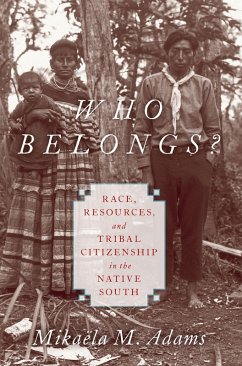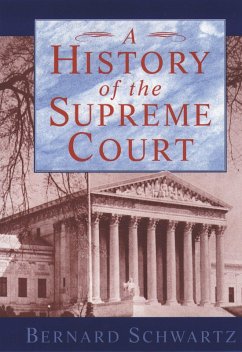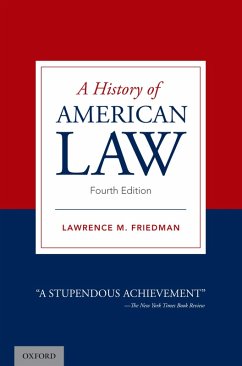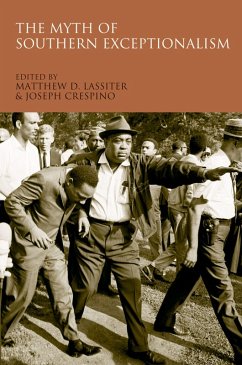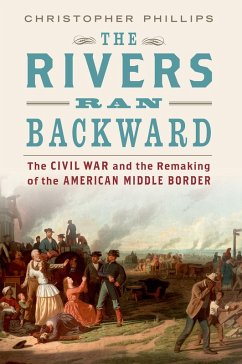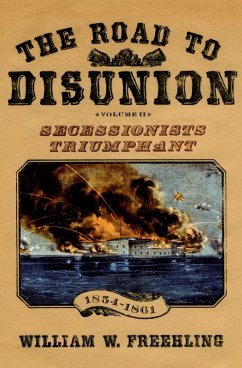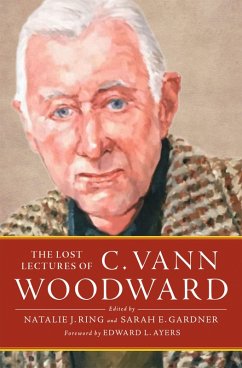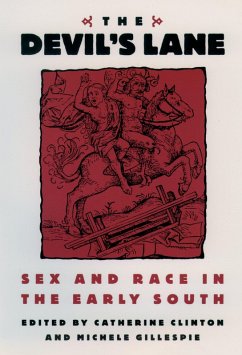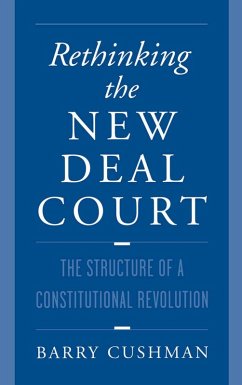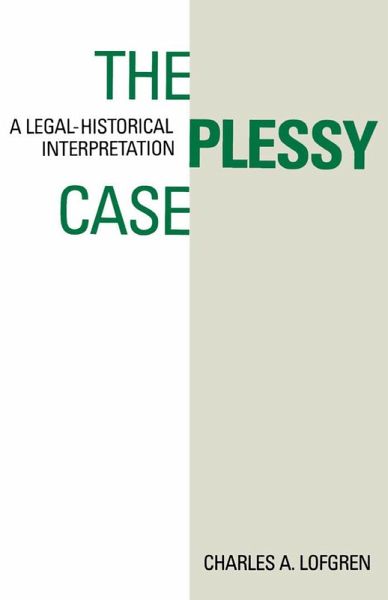
The Plessy Case (eBook, PDF)
A Legal-Historical Interpretation
Versandkostenfrei!
Sofort per Download lieferbar
40,95 €
inkl. MwSt.
Weitere Ausgaben:

PAYBACK Punkte
20 °P sammeln!
In 1896 the U.S. Supreme Court case Plessy v. Ferguson upheld "equal but separate accommodations for the white and colored races" on all passenger railways within the state of Louisiana. In this account with implications for present-day America, Lofgren traces the roots of this landmark case in the post-Civil War South and pinpoints its moorings in the era's constitutional, legal, and intellectual doctrines. After reviewing de facto racial separation and the shift by southern states to legislated transportation segregation, he shows that the Fourteenth Amendment became a ready vehicle for legi...
In 1896 the U.S. Supreme Court case Plessy v. Ferguson upheld "equal but separate accommodations for the white and colored races" on all passenger railways within the state of Louisiana. In this account with implications for present-day America, Lofgren traces the roots of this landmark case in the post-Civil War South and pinpoints its moorings in the era's constitutional, legal, and intellectual doctrines. After reviewing de facto racial separation and the shift by southern states to legislated transportation segregation, he shows that the Fourteenth Amendment became a ready vehicle for legitimating classification by race. At the same time, scientists and social scientists were proclaiming black racial inferiority and lower courts were embracing separate-but-equal in ordinary law suits. Within this context, a group of New Orleans blacks launched a judicial challenge to Louisiana's 1890 Separate Car Law and carried the case to the Supreme Court, where the resulting opinions by Justices Henry Billings Brown and John Marshall Harlan pitted legal doctrines and "expert" opinion about race against the idea of a color-blind Constitution. Throughout his account, Lofgren probes the intellectual premises that shaped this important episode in the history of law and race in America--an episode that still raises troubling questions about racial classification and citizenship--revealing its dynamics and place in the continuum of legal change.
Dieser Download kann aus rechtlichen Gründen nur mit Rechnungsadresse in A, B, BG, CY, CZ, D, DK, EW, E, FIN, F, GR, HR, H, IRL, I, LT, L, LR, M, NL, PL, P, R, S, SLO, SK ausgeliefert werden.




